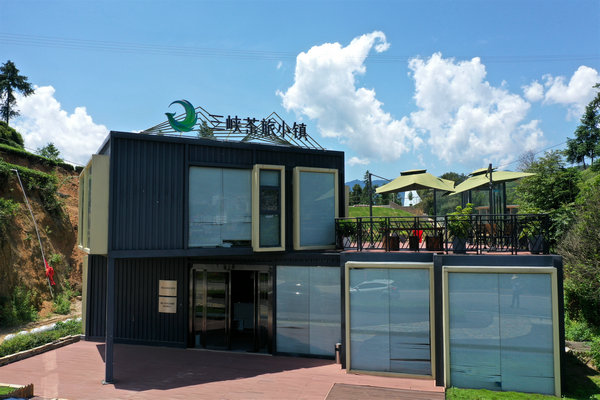Change of scene
Homestay providers confident quality services will fuel recovery of the industry, Yang Feiyue reports.


"Quality homestay providers will get bigger and stronger because the epidemic has forced inferior competitors out of the market," he says.
"It will actually push the development of the market in a healthier direction."
Homestay businesses have shown strong signs of recovery since May, according to data from Airbnb.
Homestay bookings in 72 cities across the country more than doubled in May compared with April, Airbnb reports.
Chongqing, Hunan province's capital Changsha, Sichuan province's capital Chengdu and Zhejiang province's capital Hangzhou were among the first to see recovery.
"About 84 percent of our surveyed subjects expressed hopes of traveling to another city in the next 12 months," says Peng Tao, president of Airbnb China.
Beach, suburbs and rural areas are the preferred choices and, unsurprisingly, hygiene is the top priority for most post-epidemic travelers at the moment, Peng says, adding that Airbnb will develop more relevant tourism products and offer more quality accommodation experiences in the future.
The epidemic has also made some homestay providers try to find new niches in the market.
Before the onset of the epidemic, Si Jiu, a tattoo artist from Shanghai, ran about 10 homestays, with more than 90 percent of them usually booked.
"My friends are all designers and we want travelers to experience Shanghai the way it should be," Si says.
She began offering renovated old Western-styled houses to travelers for accommodation in 2016, but the novel coronavirus outbreak forced her to rethink her strategy.
She dropped 20 percent of her homestays, put 60 percent on long-term leases and kept 20 percent running as before.
"Camping often came up in our team discussions as to what to do next during the epidemic," Si says.

































